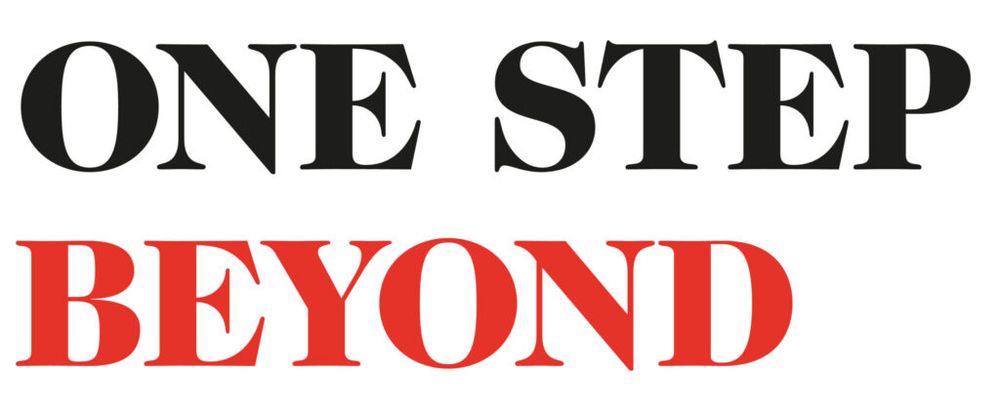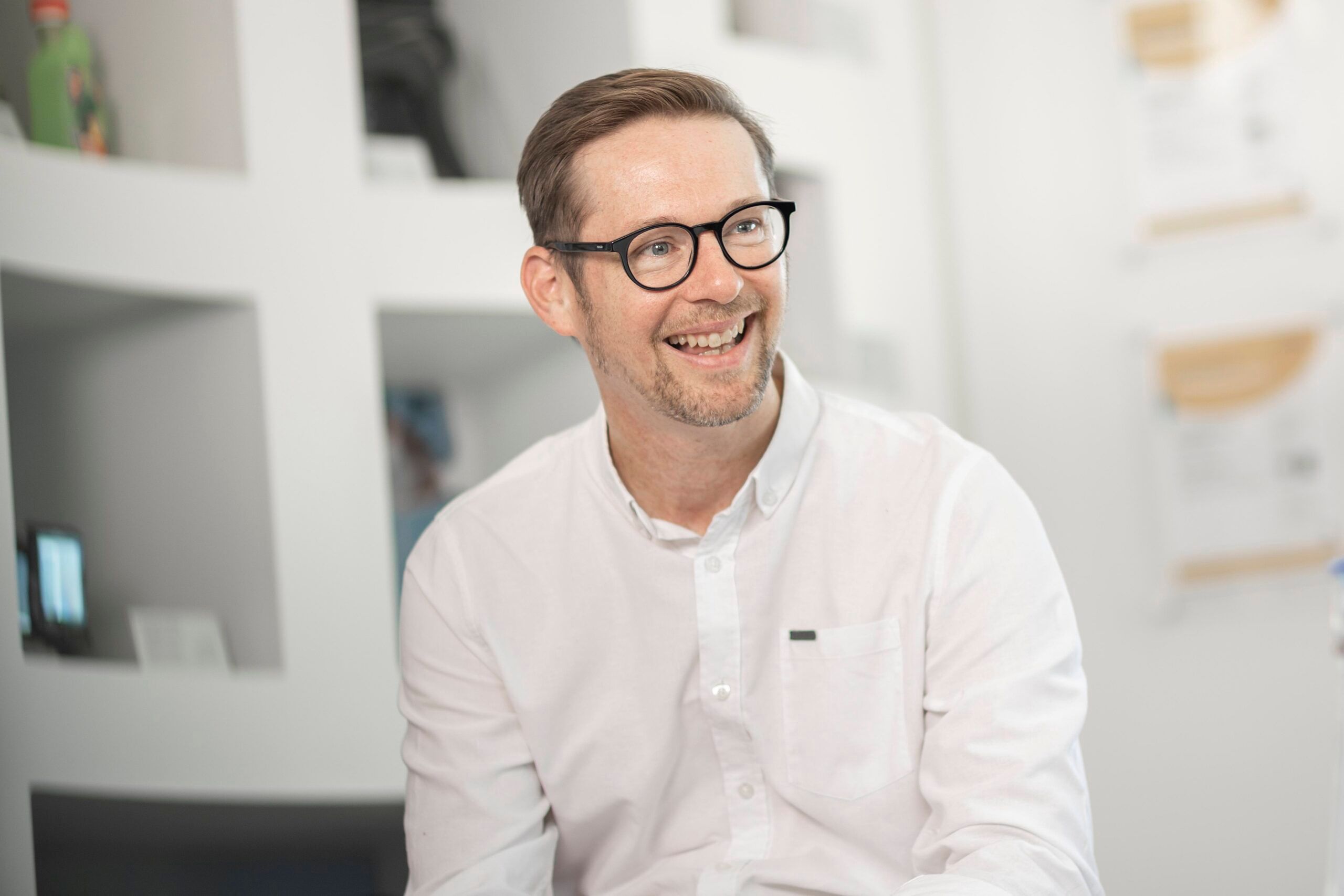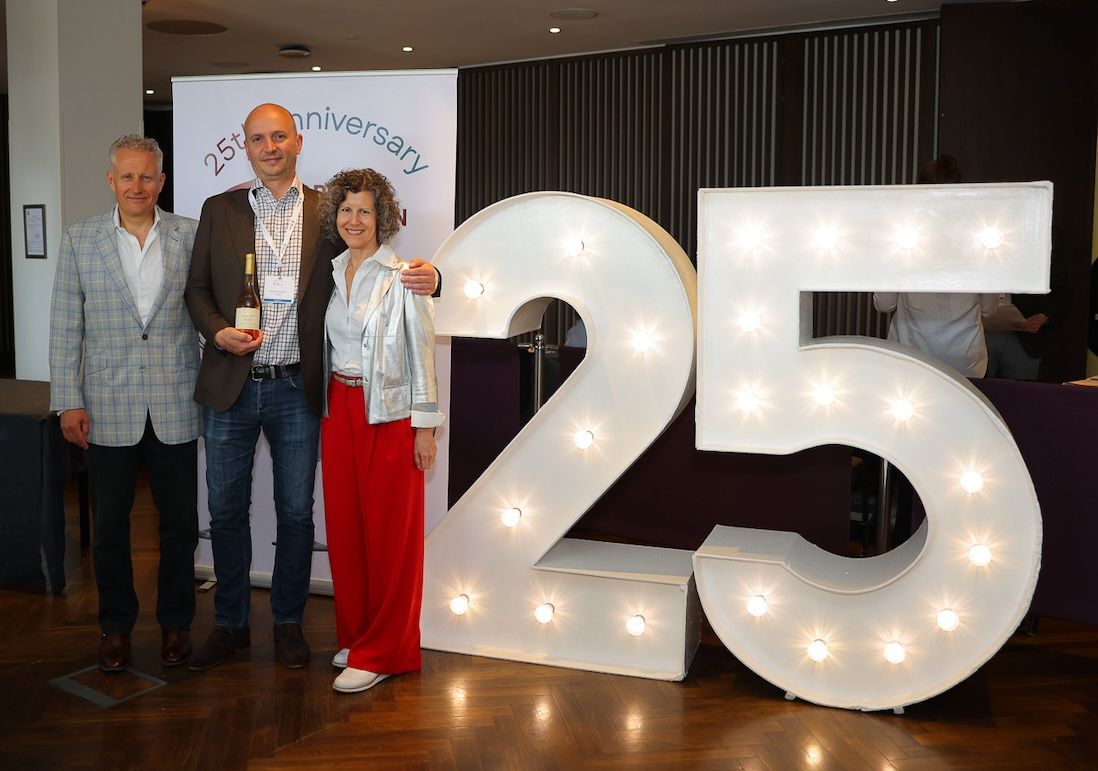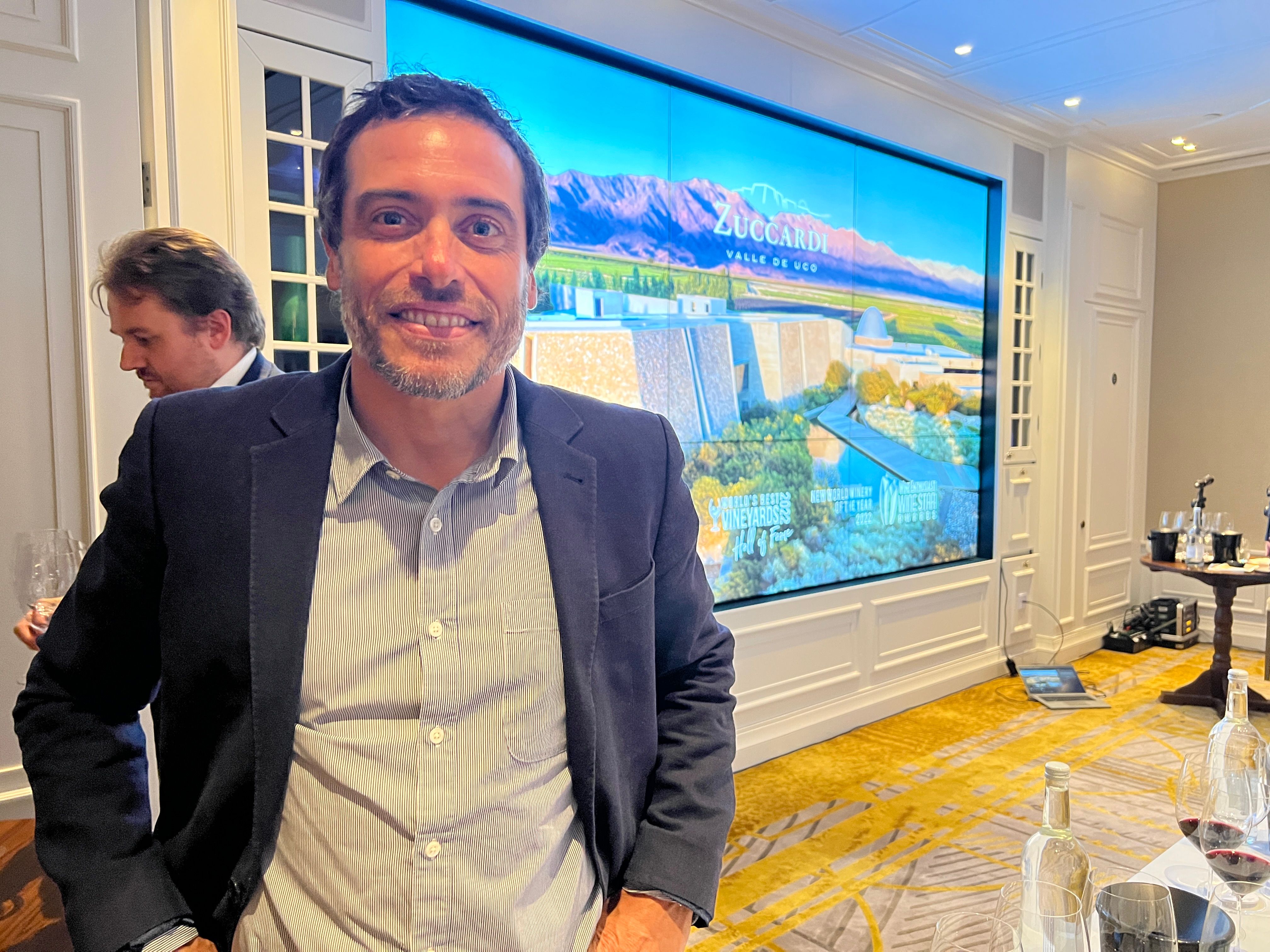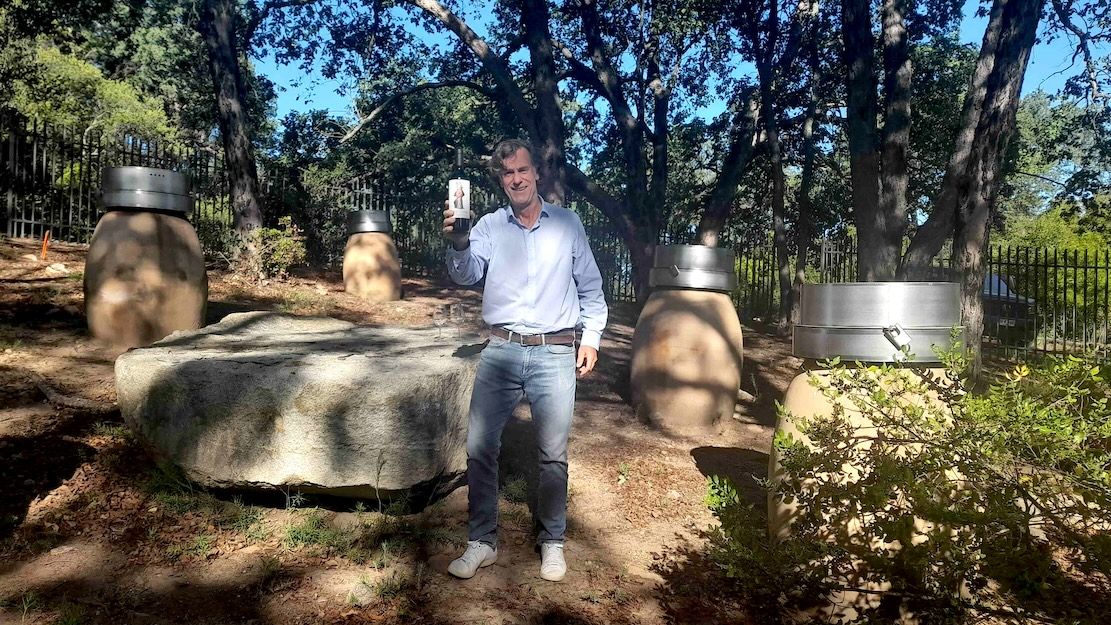The sustainability challenge should not end with how beers, wines or spirits are made, but how they are then bottled, packaged and designed, says James Harmer of Cambridge Design Partnership – one of the keynote speakers at the free One Step Beyond webinar organised by The Buyer and Sophie Jump on October 20.
Can you explain the unique approach that Cambridge Design Partnership says it takes towards offering packaging design solutions to its customers?
Cambridge Design Partnership is an end-to-end innovation partner focused on helping clients grow. Some of the world’s largest companies trust CDP to design and develop their most important innovations. Located in Cambridge (UK) and Raleigh, North Carolina (USA), we specialise in the consumer, healthcare and industrial markets.
Our multidisciplinary teams have the expert knowledge to identify opportunities and overcome challenges throughout the product development and manufacturing process.
The secret sauce is our experts our trained at the highest levels to tackle some of the biggest challenges in these industries. It’s when you bring these people together in close knit teams that our combined expertise looking at different ways to tackle the challenge create breakthrough innovation.
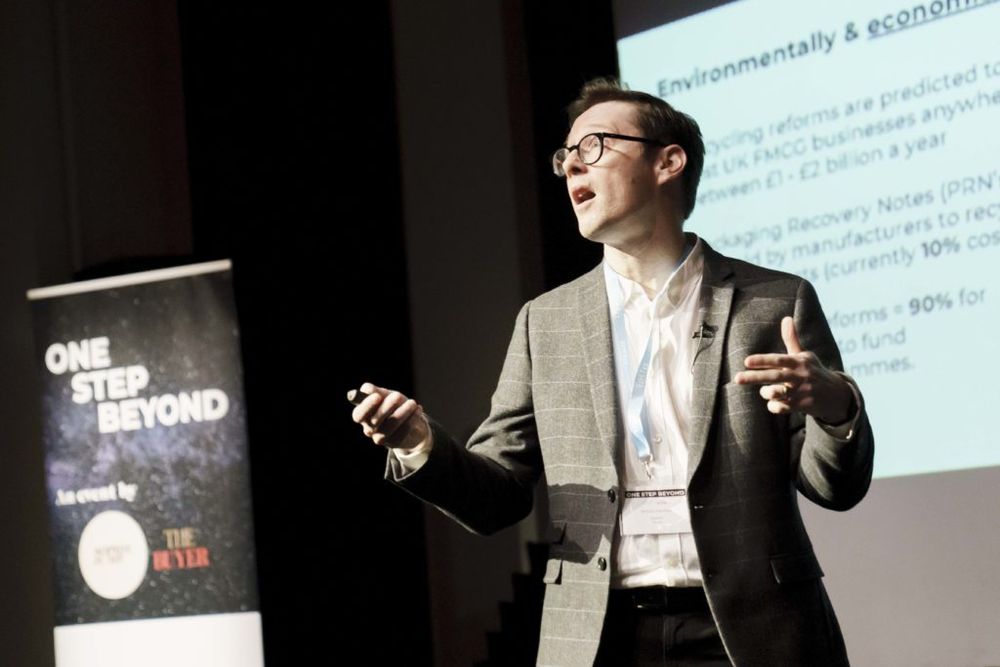
James Harmer talking at the One Step Beyond conference in March looking at the disruptive consumer and technology changes that the drinks industry needs to be on top of
A lot of your work is embedded in sustainabilty. What do you see as the big step changes in the way that brands and businesses are now tackling sustainability?
The step change is acknowledging the issue and a growing sense of accountability across industries. There is a deeper understanding of the fact that our carbon budget is the critical issue. We can’t continue with our current ‘ways of doing business’ if we want to reduce the impact that climate change will have, due to the carbon crisis which is a result of the “brown economy”.
The critical move for all businesses is how to become carbon neutral and move toward the new ‘green economy’.
You talk about the importance of the “circularirty” approach when tackling sustainability and finding the right solutions – what do you mean by ‘circularity’?
A major part of moving to the green economy will be slowing down our rate of waste and moving away from consumer culture with a linear model of “take, make, dispose” to a green model of take (from a renewable resource), make (energy efficiently) and reuse.
Most industries are still a long way from fully embracing this, but most appreciate the need to adapt and adopt these approaches wherever possible.
Which in turn will change depending on the context in which you are working in?
Can you explain that “circularity in context’ approach?
At CDP we appreciate that clients can’t just “flick a switch” and become circular in their approaches. We consult on how to adopt more circular approaches in whatever context a business finds itself in.
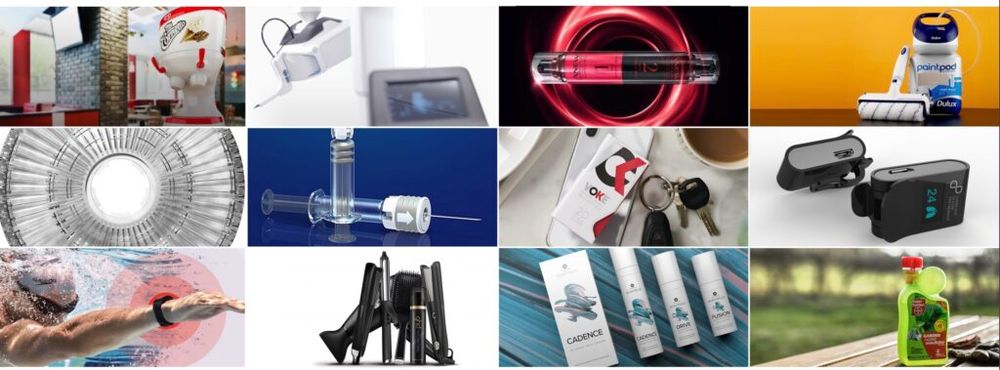
Just some of the fields that Cambridge Design Partnership works in with experts sharing packaging and design breakthroughs to work in other industry sectors
This will mean taking both a short term and long view on how a product/service/business can use innovation to deliver short term gains moving some aspects of their business now into circular models. It requires a long term vision of how to do this on a larger more impactful scale when the opportunity for new major CAPEX investment arises.
Planning the transitions and enabling clients to begin the journey now by setting them up for future success is key. There will be times when circularity and reuse is not the answer and we openly demonstrate to clients that sometimes planning for an end of life product scenario where the product is potentially disassembled or disposed of effectively, is more optimal that reusing the product.
Maybe, even more exciting, is the impact we can help clients have by rethinking the model altogether. Does the physical product need to be physical? Would a digital service supplant the category in future?
How do we get ahead of the category, and create something more desirable for consumers altogether.
Why do you think this could be such a breakthrough new approach for the drinks industry in tackling its design, packaging and sustainability issues?
There is lots of discussion about the future of the beverage market. Shipping ‘water over water’ is always going to be suboptimal and those in the wine industry are looking for ways to ship and bottle efficiently.
We are still very much focused on the use of glass in the wine world and that’s because of product requires the barrier properties and protection offered by glass not to mention that packing and bottling lines have been created around glass bottles as the generic format.
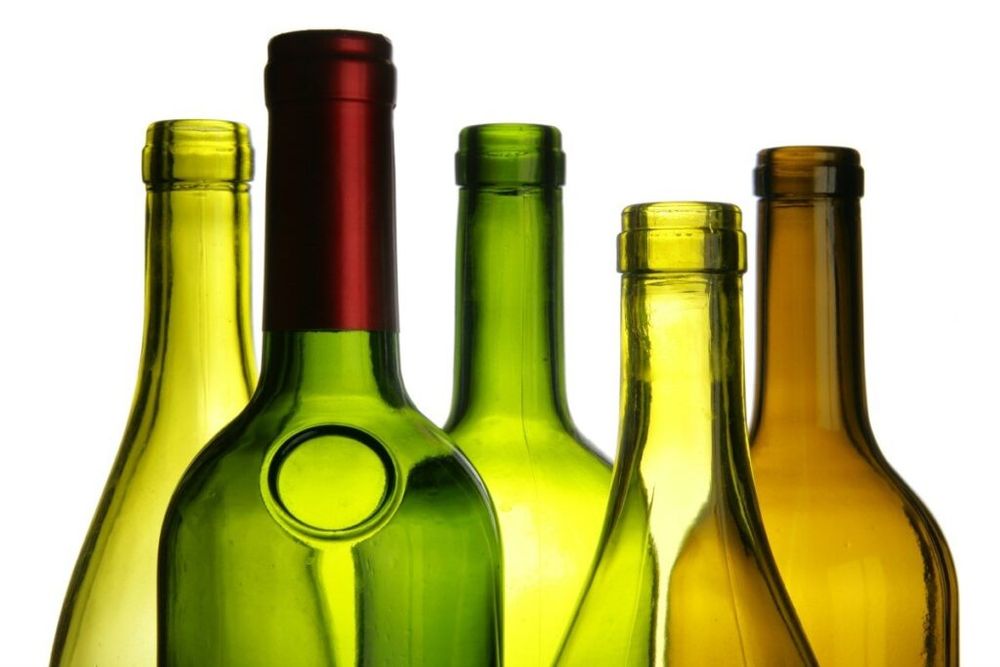
To change from using glass as the go to packaging format for wine needs a radical change in thinking says Harmer
But companies like Amazon are inspiring product manufacturers to think about different ways their formats need to perform to reach consumers if business models continue to evolve and move to ‘ecomm friendly’ scenarios.
You are kindly taking part in the forthcoming One Step Beyond webinar – why are you taking part and and what will you be talking about during your session?
I loved the gathering earlier this year and I will be talking more about our focus on helping clients by putting circularity into their context. I’ve also been asked to remark on the way in which the world has changes post Covid-19 and what the new normal will mean for packaging in future.
What sort of projects would you welcome from the drinks industry to work on?
We would welcome opportunities to consult on any part of the delivery of a beverage product. We work on packaging briefs and that has been my bread and butter, but the reason for my move to CDP is that packaging can only get us so far and is not the biggest part of the challenge. To stem the carbon issue we need to look at total systems design and infrastructure for our clients and the engineers and experts we have at CDP are able to look at the bigger picture for our clients and their industries to make critical changes that revolutionise categories.
- If you would like to talk to James Harmer more about the scientific approach to packaging and design that Cambridge Design Partnership takes you can contact him on email at James.Harmer@cambridge-design.com.
- You can hear him talk as one of the speakers in the free One Step Beyond webinar taking place on October 20 from 4pm to 5.30pm organised by The Buyer and Sophie Jump in partnership with the WSTA, Emetry and 5Forests. Register here.
